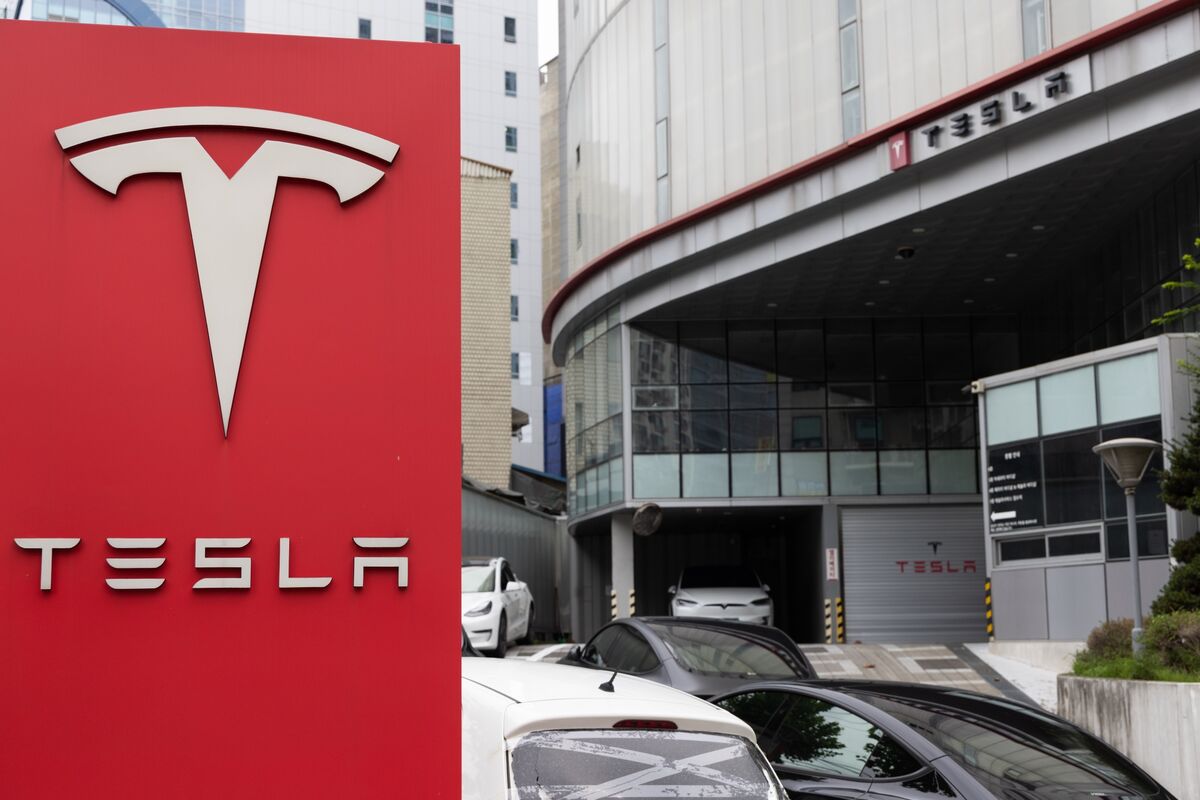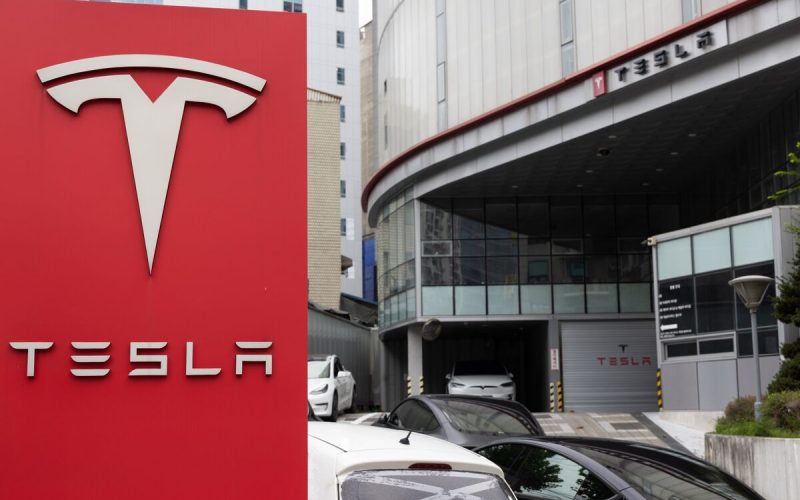In 2025, a notable shift is occurring in the South Korean retail market as Tesla experiences a significant exodus of retail investors. This trend is largely attributed to the increasing allure of cryptocurrency investments, which have captured the attention of many potential market participants. As digital assets gain traction, traditional automotive investments are witnessing a decline in interest, particularly in the context of Tesla’s operations in South Korea.
The growing popularity of cryptocurrencies is reshaping investment strategies across the globe. With Bitcoin and other digital currencies fluctuating in value, many South Korean investors are reallocating their funds from conventional stocks, including those of established companies like Tesla, to the rapidly evolving world of crypto assets. This change reflects a broader trend where investors are seeking higher returns, often viewing cryptocurrencies as a more attractive option despite their volatility.
Tesla’s Position in the Market
Tesla, which has been a key player in the electric vehicle (EV) market, is facing challenges as retail investors pivot towards digital currencies. The company’s stock has historically been favored by many investors due to its innovative approach and growth potential. However, with the rise of crypto investments, there is a growing perception that the returns from digital currencies may outperform those from traditional stocks in the short term.
According to recent data, retail investors in South Korea have increasingly diversified their portfolios, with a substantial portion now allocated to cryptocurrencies. This shift is not only changing the landscape of individual investment strategies but also impacting the overall market dynamics. Analysts suggest that Tesla’s market share in the retail sector could be further threatened if this trend continues.

Market Implications
The implications of this retail exodus are significant. As more investors shift their focus to cryptocurrencies, Tesla may need to adapt its strategies to maintain its market presence. This could involve enhancing its engagement with the cryptocurrency community or exploring partnerships within the digital asset space to attract a new demographic of investors.
Furthermore, the allure of cryptocurrencies is not merely about potential financial gains; it also embodies a cultural shift towards technology and innovation. Younger investors, in particular, are drawn to the idea of digital currencies as a representation of modern finance, which contrasts sharply with traditional investments like stocks and bonds.
Conclusion
In summary, the year 2025 marks a pivotal moment for Tesla in South Korea as the company navigates a challenging retail landscape influenced by the rise of cryptocurrency. The shift in investor focus highlights an evolving financial environment where traditional automotive stocks face competition from digital currencies. As Tesla and other companies adjust to this new reality, the interplay between technology, investment strategies, and market trends will be crucial in shaping the future of both the automotive and cryptocurrency markets.
For further information on this trend and its implications, please refer to Bloomberg’s recent coverage on the subject. Source.









